Country Life Today: Why deadly bacteria could be our allies in the fight against climate change
In today's round up, we find out how bacteria can help us stem global warming, meet the Scottish farm going plastic-free and discover top chefs' favourite fast foods


'Rewired' bacteria could soak up carbon dioxide
Israeli scientists have genetically modified a strain of E.coli bacteria to make them consume carbon dioxide instead of organic compounds.
'The study describes, for the first time, a successful transformation of a bacterium’s mode of growth. Teaching a gut bacterium to do tricks that plants are renowned for was a real long shot,' said one of the authors, Shmuel Gleizer.
The snag is that at the moment, the bacteria release more carbon than they absorb but this could be potentially be fixed through additional steps in the project.
'Our main aim was to create a convenient scientific platform that could enhance carbon-dioxide fixation, which can help address challenges related to sustainable production of food and fuels and global warming,” said another author, Ron Milo. 'Converting the carbon source of E.coli, from organic carbon into CO2 is a major step towards establishing such a platform.'
Full story (The Independent)
Scottish dairy farm sets plastic-free example
An Ayrshire dairy producer has taken a firm stance against waste, banning all single-use plastic from the farm. Mossgiel Organic is not only replacing all single-use plastic milk cartons with glass bottles — quirkily adorned with the face of Robert Burns — but also ditching single-use plastics from inputs such as feed and chemicals, and from storage, including silage wraps.
From next year, the farm will also supply glass-bottled milk to its wholesale customers, such as cafes and restaurants.
Sign up for the Country Life Newsletter
Exquisite houses, the beauty of Nature, and how to get the most from your life, straight to your inbox.
Read more (The Guardian)
18,000-year-old puppy may be the world’s oldest dog
Scientists have tested the body of an 18,000-year-old puppy they discovered in Russia last April — but they can’t yet figure out whether it’s a wolf or the world’s earliest known dog.
More research will be required to discover the true nature of the frozen animal. Meanwhile, however, the prehistoric puppy, which was found perfectly preserved in the Siberian permafrost, down to its nose and fur, has become an internet sensation and has even starred in its very own memes.
Read more (Country Life)
On This Day... in 1832
Louisa May Alcott was born in Germantown, near Philadelphia. The American novelist was the second of four daughters, just like the character of Jo is in her masterpiece, Little Women. Because her family struggled financially, Alcott took up work as a teacher, seamstress and governess, but also began writing stories. She published her first book, Flower Fables, in 1849. Her career blossomed and was crowned in 1868 by the publication of Little Women, which was partly inspired by her family’s life and made her hugely successful.
A spectacularly successful book, Little Women was also adapted for the screen, first in 1933, then in 1949 (pictured below), with the latest version released this Boxing Day.
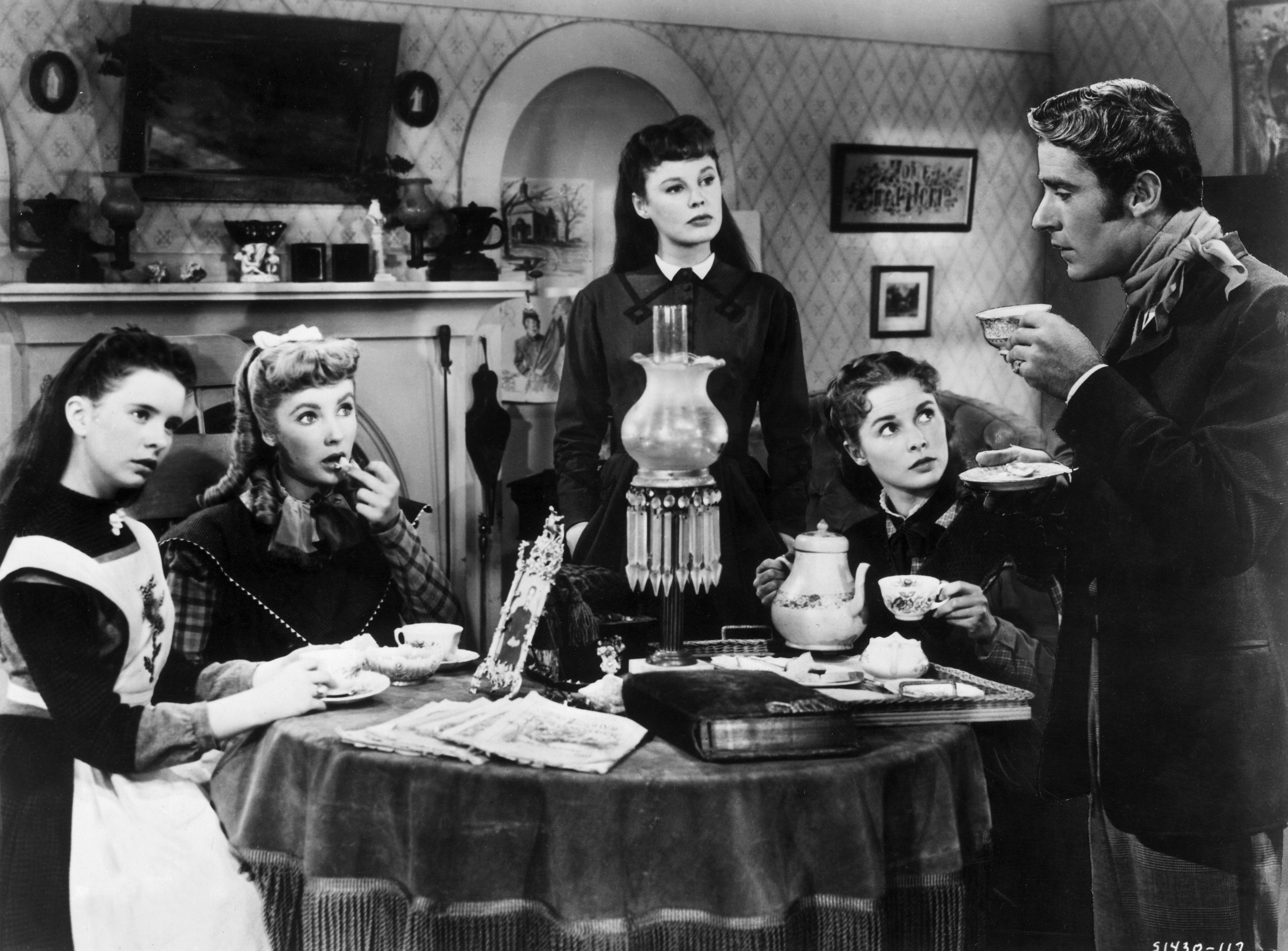
Top chefs confess they eat fast food
Their culinary creations have garnered more accolades and critical acclaim than you can possibly remember but some of Britain’s top chefs admit they often crave ordinary fast food. Double Michelin-starred Sat Bains, for example, is partial to McDonald’s Filet-‘o-fish, the even more starred Heston Blumenthal likes petrol-station–style tuna mayo sandwiches while Yotam Ottolenghi enjoys falafels from the Round stand in Camden.
Sausage rolls, pasties, bagels, fries and chicken wings all feature in the gastronomic wish-list of the country's best cooks — but they are unrepentant about it. As Sat Bains puts it: ‘If that makes me happy, I’m going to eat it.’
Read more (The Guardian)
And finally...are you ready for this full English?
A café in Folkestone offers a breakfast so big it has to be served on specially reinforced plates because regular ones would not withstand the weight.
https://www.facebook.com/thefullenglishcafefolkestone/posts/474815189809752
Carla must be the only Italian that finds the English weather more congenial than her native country’s sunshine. An antique herself, she became Country Life’s Arts & Antiques editor in 2023 having previously covered, as a freelance journalist, heritage, conservation, history and property stories, for which she won a couple of awards. Her musical taste has never evolved past Puccini and she spends most of her time immersed in any century before the 20th.
-
 380 acres and 90 bedrooms on the £25m private island being sold by one of Britain's top music producers
380 acres and 90 bedrooms on the £25m private island being sold by one of Britain's top music producersStormzy, Rihanna and the Rolling Stones are just a part of the story at Osea Island, a dot on the map in the seas off Essex.
By Lotte Brundle
-
 'A delicious chance to step back in time and bask in the best of Britain': An insider's guide to The Season
'A delicious chance to step back in time and bask in the best of Britain': An insider's guide to The SeasonHere's how to navigate this summer's top events in style, from those who know best.
By Madeleine Silver
-
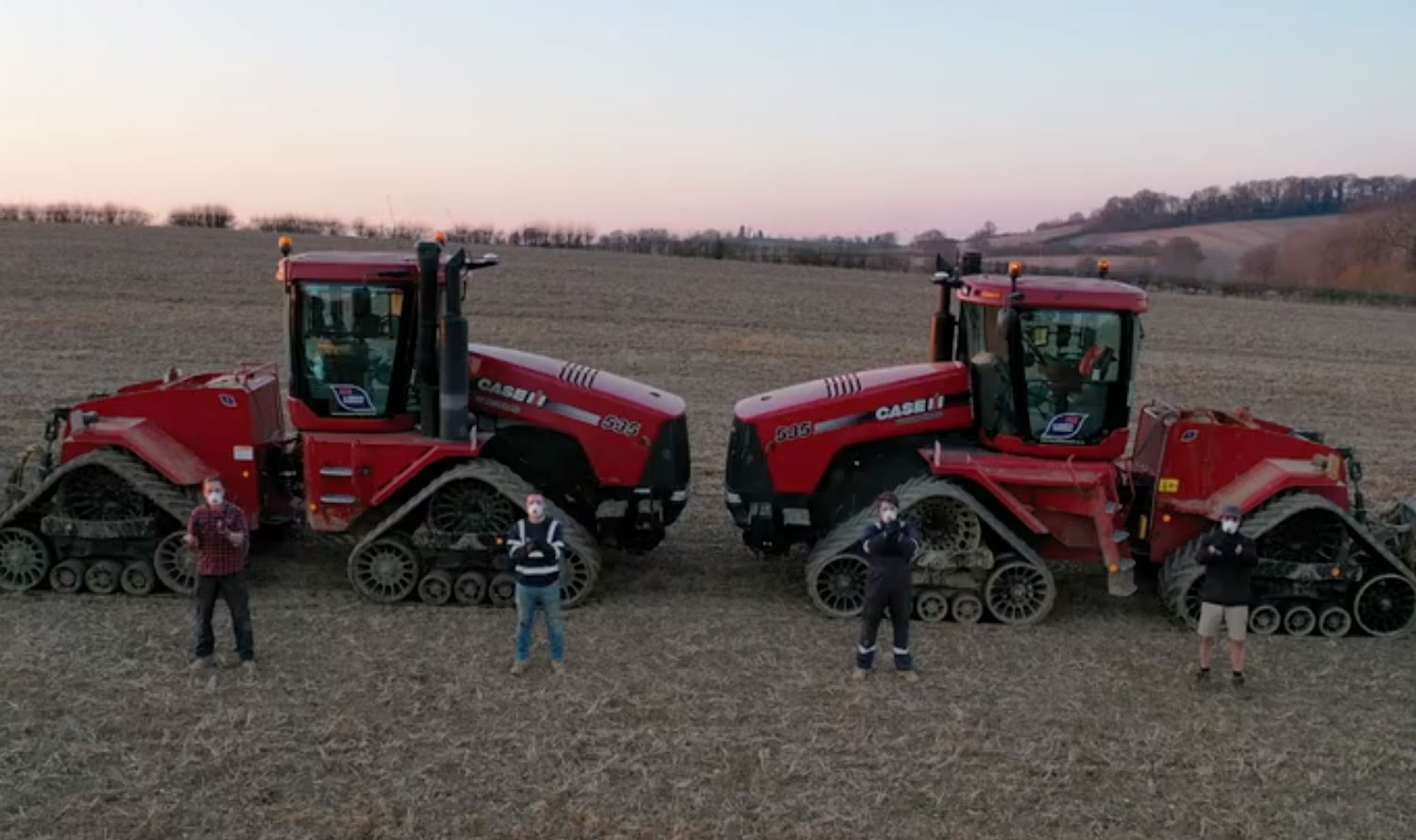 The brilliant tractor tribute to the NHS from a group of Warwickshire farmers
The brilliant tractor tribute to the NHS from a group of Warwickshire farmersPeople around Britain have been paying tribute to the efforts of our NHS workers at the time of the coronavirus pandemic — but few have been as creative and clever as this one.
By Toby Keel
-
 London's iconic red bus at risk and 6,000 year old chewing gum gives clues into our DNA history
London's iconic red bus at risk and 6,000 year old chewing gum gives clues into our DNA historyCuts to industry subsidies and an increase in fares has left bus use at its lowest point ever, while DNA extracted from ancient 'chewing gum' allows scientists to decipher the genetic code of a Stone Age woman.
By Alexandra Fraser
-
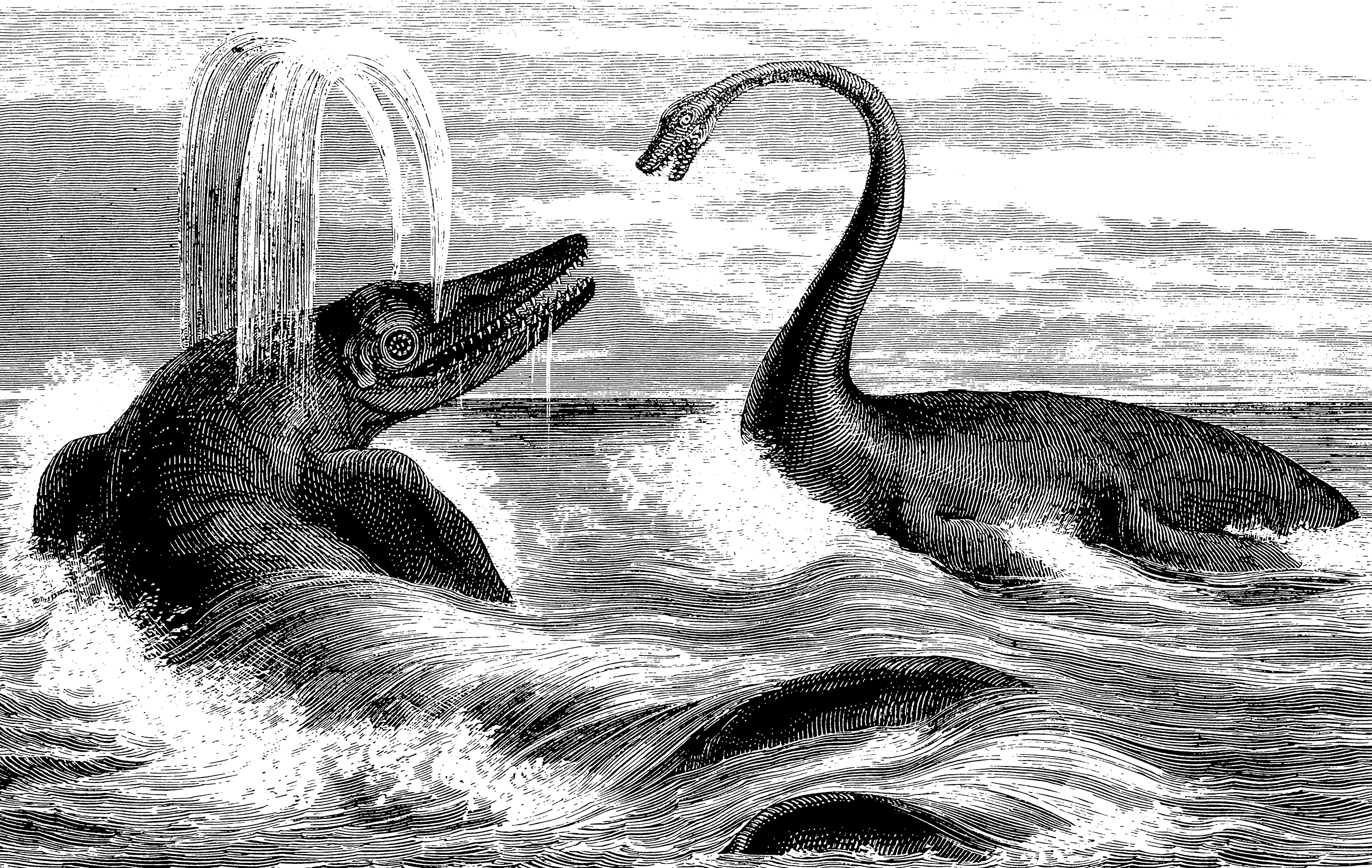 90-million-year-old 'swimming dinosaur' skeleton found by dogs out walking in Somerset, and the nonchalant moths who don't bother fleeing enemies
90-million-year-old 'swimming dinosaur' skeleton found by dogs out walking in Somerset, and the nonchalant moths who don't bother fleeing enemiesA superbly intact dinosaur skeleton — described as being 'museum quality' — has been discovered on a beach in Somerset.
By Toby Keel
-
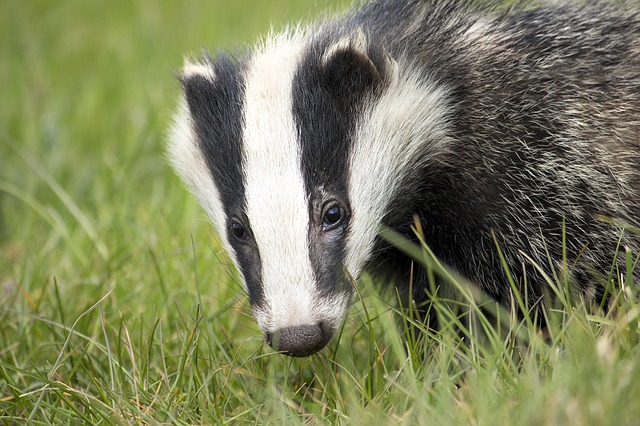 Battle to ban 4x4s from the idyllic Lake District spot bequeathed by Beatrix Potter, eagle fights octopus and the 'snail's pace' climate talks
Battle to ban 4x4s from the idyllic Lake District spot bequeathed by Beatrix Potter, eagle fights octopus and the 'snail's pace' climate talksThis morning we look at Little Langdale's fight for peace, reflect on the climate change talks in Madrid and discover the soundtrack for Brexit.
By Toby Keel
-
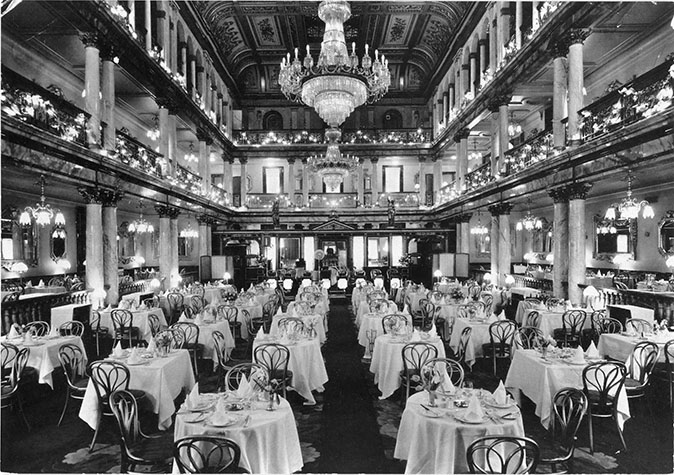 Country Life Today: How Greta Thunberg shifted the dial on climate change — and the backlash shows just how much
Country Life Today: How Greta Thunberg shifted the dial on climate change — and the backlash shows just how muchThis morning we ponder whether Greta Thunberg is the Joan of Arc for the environmental movement, look at a key election — one from 19 years ago — and ponder the marvel of 'dad tidying'.
By Toby Keel
-
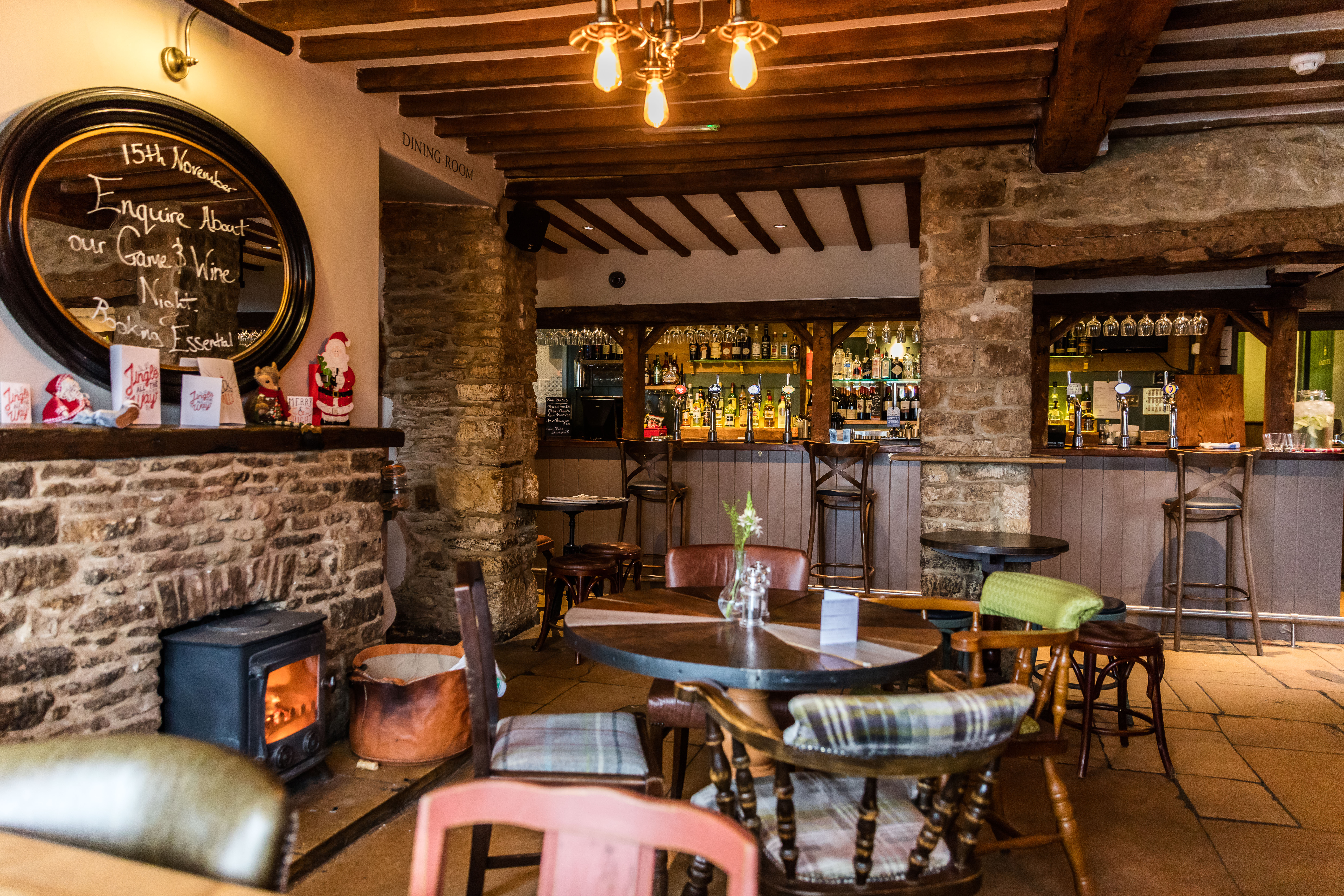 Country Life Today: Great news for those who love our great country pubs — the years of decline are over
Country Life Today: Great news for those who love our great country pubs — the years of decline are overThere is a great sign of health in the pub industry, we look back at Edward VIII's abdication message and fret about Greenland's melting ice.
By Toby Keel
-
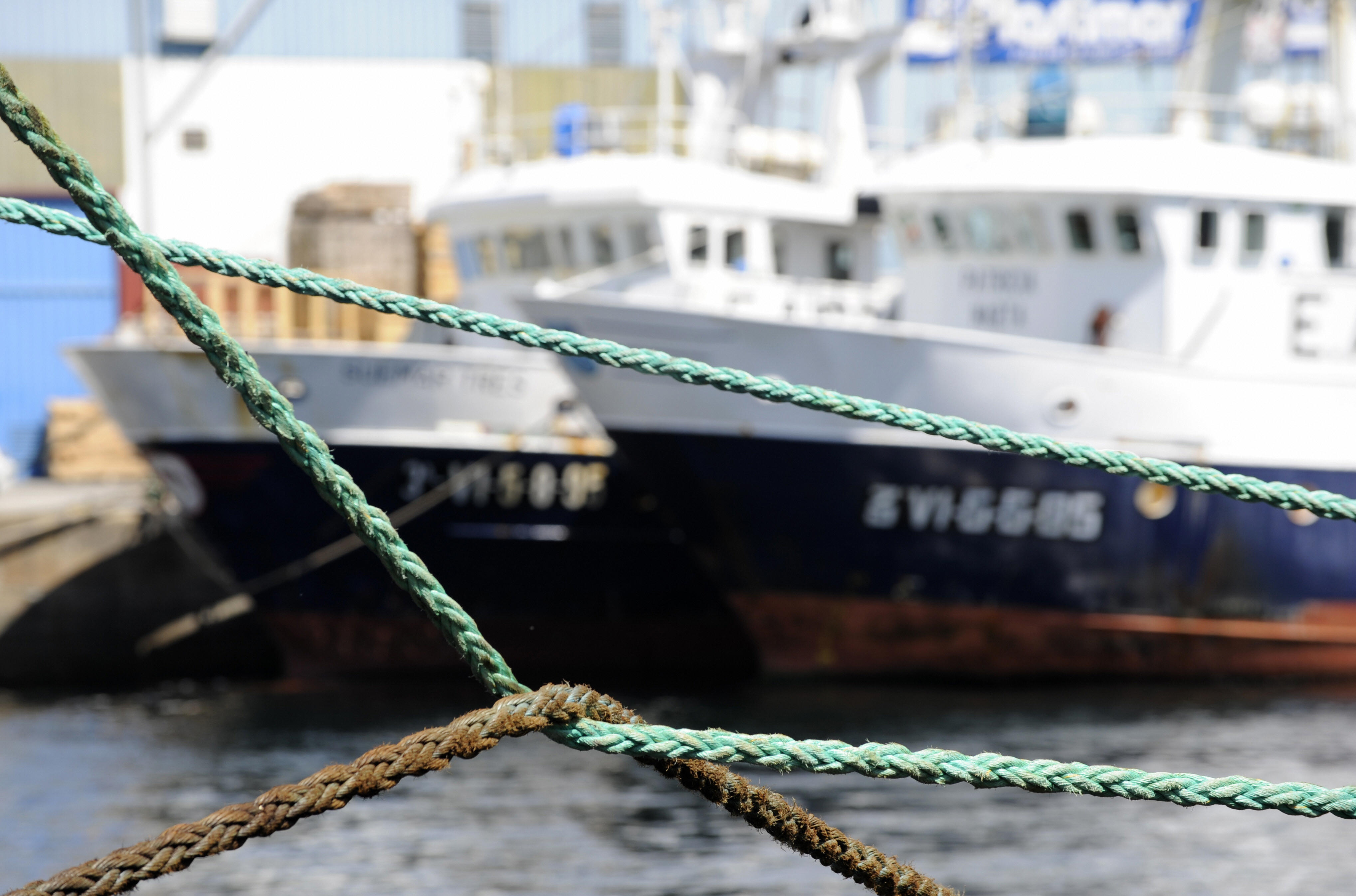 Country Life Today: Spain accused of being 'a deplorable choice' for UN climate conference
Country Life Today: Spain accused of being 'a deplorable choice' for UN climate conferenceA no-holds-barred assault on the Spanish fishing industry, Banksy raising awareness of the homeless and the woes of the Christmas jumper are in today's news round-up.
By Carla Passino
-
 Country Life Today: 'This is perhaps the ultimate wake-up call from the uncontrolled experiment humanity is unleashing on the world’s oceans'
Country Life Today: 'This is perhaps the ultimate wake-up call from the uncontrolled experiment humanity is unleashing on the world’s oceans'In today's round up, we examine why oxygen loss is putting oceans at risk, discover that action to cut air pollution brings almost immediate benefits to human health and find out which bird's arrival marks the start of winter in Gloucestershire.
By Carla Passino